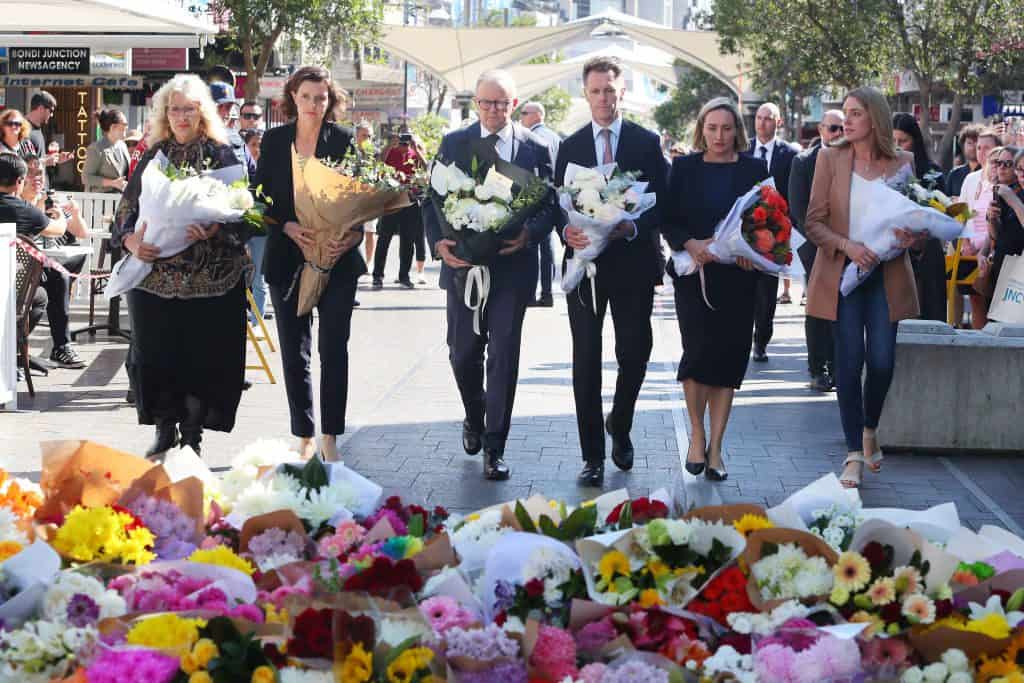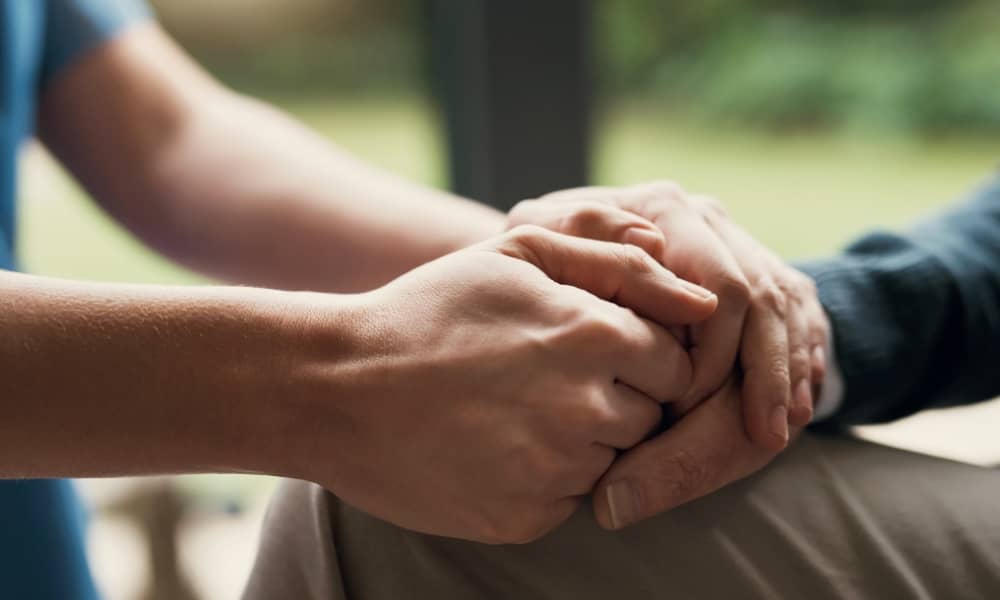At least four people were wounded, including a bishop with a global online following, during the incident which took place at a church in Wakeley.
The event triggered clashes between angry residents and police. Police arrested a 16-year-old male at the scene.
These events will have lifelong impacts on the people involved, whether victims, witnesses, first responders or members of the media reporting on the tragedies.
READ MORE: Bishop, worshipers wounded in stabbing at Sydney church, crowds gather
In a statement released following the Bondi Junction attack, Australian Psychological Society President (APS) Dr Catriona Davis-McCabe said feelings of immense grief, shock, horror and fear will be widespread in the community.
“These feelings are normal to experience, and it can take a few days, weeks or even months to recover from a traumatic event,” she said.
“Many of the brave people who helped at the scene or witnessed the incident will be in a state of shock which is likely to continue for some time.
“It is crucial to prioritise psychological support and resources for those affected to navigate through the coming days, weeks and years.”

The APS recommends the following strategies for people impacted by tragic events like the ones we have witnessed in Sydney these past few days:
- Seek support: Reach out to friends, family or a mental health professional for emotional support and guidance.
- Practice self-care: Engage in activities that promote relaxation and well-being, such as exercise, mindfulness and spending time in nature.
- Express emotions: Allow yourself to express and process your emotions and make space for and normalise all emotions including shock, grief, fear and sadness.
- Establish routines: Establishing daily routines can provide a sense of stability and control in the aftermath of trauma.
- Limit exposure to media: Avoid or limit exposure to media, including social media, that may exacerbate distressing symptoms.
- Practice grounding techniques: Grounding techniques, such as deep breathing or focusing on sensory experiences, can help manage distressing symptoms and promote a sense of safety.
- Seek professional help: If symptoms persist or interfere with your daily functioning, consider seeking professional, evidence-based help from a psychologist experienced in treating trauma.
For more information about strategies to cope, the APS provides the following resources:
Strategies for coping with tragic events
Helping children cope after a tragic event
Tragic events and community violence
Post-Traumatic Stress Disorder
Anyone who may be feeling distressed can contact the following organisations for support –
Australia:
SANE Helpline 1800 18 72 63
Lifeline 131 114
Beyond Blue 1300 22 4636
New Zealand:
Lifeline 0800 543 354 (0800 LIFELINE) or free text 4357 (HELP)
Depression Helpline 0800 111 757 or text 4202
Youthline 0800 376 633







